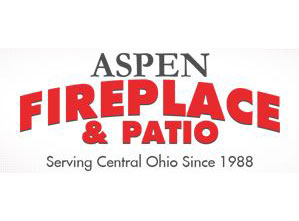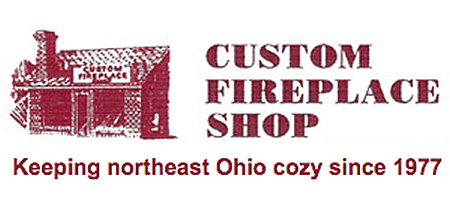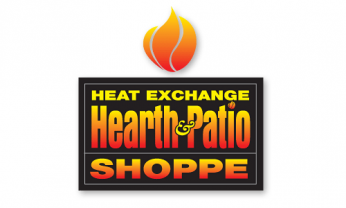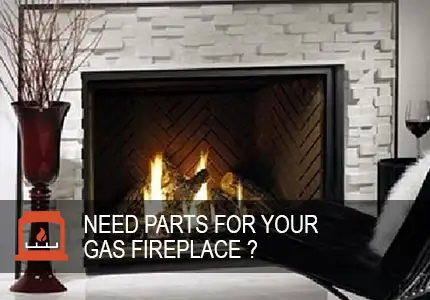Boy, this is a controversial question among BBQ aficionados. But looking at what the experts and pitmasters say, it doesn’t seem to matter that much. Both lump charcoal and briquettes have their pros and cons as you can see below. After which we will discuss if a specific ‘brand’ makes a difference.
Lump Pros
- Less processed – more ‘natural.’
- No binders mean fewer ashes than briquette
- Puts out more smoke than briquette
- Has an unlimited shelf-life
Briquette Pros
- Consistent – From bag to bag, the same amount of BTU
- Longer and steadier burn
- Environmentally friendly – made from recycled material
Lump Cons
- The manufacturer may not list the species or provenance of their raw material
- Foreign material could have crept in (Rocks, plastic, etc.)
- Maybe more expensive than briquettes
- It Burns faster than briquettes
Briquette Cons
- If not a 100% Natural brand, will contain fillers
- Produce more ash than Lump charcoal
- Takes longer to light
- Most manufacturers do not list what fillers are added
- Self-igniting match-light charcoal contains mineral spirit which can taint the food
- Need to be fully ignited to reduce off-taste
- Has a limited shelf-life
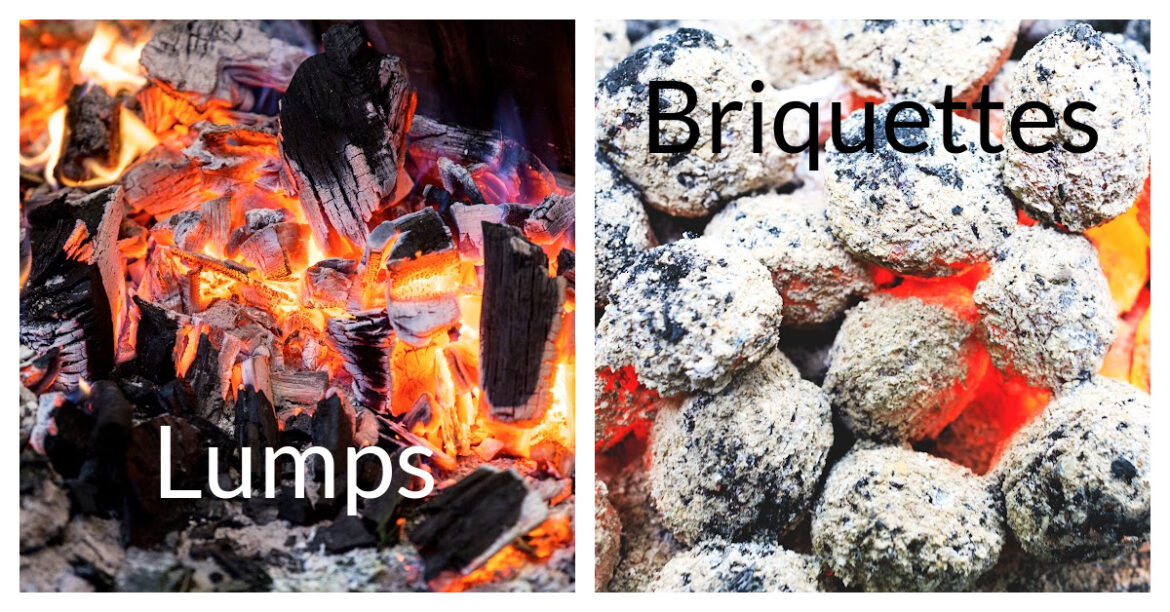
While you might reasonably conclude the purest and most professional pitmasters would always gravitate to lump charcoal, that is not always the case. Many pitmasters prefer briquettes for its consistency and long and steady burn. Since it has a more significant impact on the overall flavor than the ‘type’ of charcoal; Pitmasters would rather spend their cooking efforts on food quality, ingredients, and others instead.
The original question was, “What type of charcoal is best for BBQ’ing?”. This could imply, “Which brand is best?”. I am aware of only 2 sites that have done a comparative study on this, and their links are below.
This one by WireCutter The Best Charcoal for Grilling | Reviews by Wirecutter (nytimes.com) should be taken with a grain of salt. The title explains why. If you are ‘grilling’ (cooking at high temperature) versus BBQ’ing (cooking ‘Low n Slow’), this article may be helpful. Charcoal is rated on how hot it gets, how long it lasts, and how little ash it produces.
However, one of the worst charcoal I used was also one of the best for ‘Low n Slow’ cooking. It was darn near impossible to light and left an excessive amount of ashes. But, it burned slow and steady without runaway heat or having to refill multiple times for BBQ ribs. So, it depends on what you are trying to achieve.
The following link, The Lump Charcoal Database — Naked Whiz Charcoal Ceramic Cooking, actually goes through testing and rating various brands of charcoal. Which I find amazing. The only problem with this approach is, can a charcoal manufacturer really control its raw material from one batch to another or year to year? So again, test yourself and go with what works for you.

